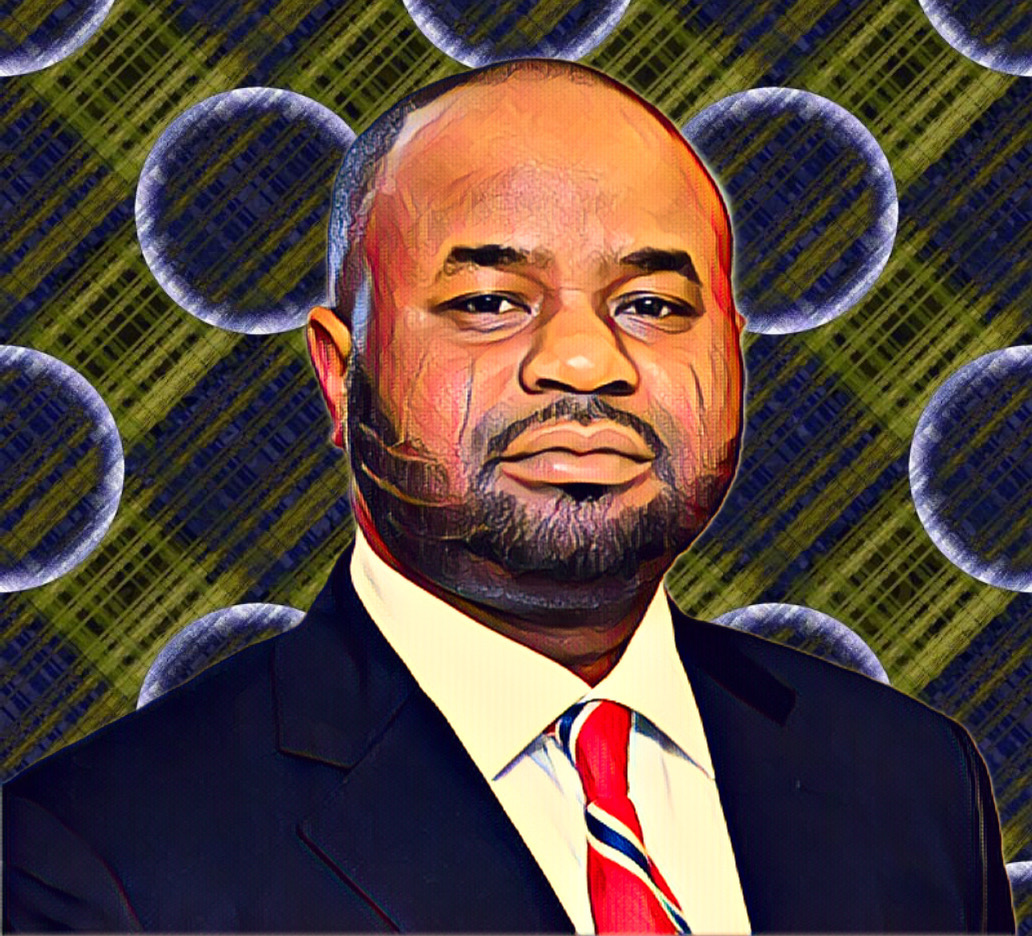KEY POINTS
- Tax reforms central to Nigeria’s economic strategy.
- Non-oil revenue growth is critical for resilience.
- Universities urged to support digital taxation models.
President Bola Tinubu’s tax reform initiatives are central to Nigeria’s strategy for economic resilience, Dr. Zacch Adedeji, Executive Chairman of the Federal Inland Revenue Service (FIRS), has said.
Speaking at the University of Ilesa’s maiden lecture series in Osun State, Adedeji highlighted the importance of structural reforms amid dwindling public revenue.
The lecture, titled “Economic Resilience in an Era of Dwindling Revenue,” drew academics, policymakers, students, and industry leaders. Adedeji added that Nigeria’s public finances are under strain from around the world, including digital disruption, growing debt, climate problems, and several economic shocks.
Nigeria tax reforms focus on institutional strength and revenue growth
Adedeji said that an economy that can come back needs four things: a budget that can change, policies that stay the same, strong institutions, and people who can deal with change.
He noted that to keep up with changes in the world economy, it is important to get money from sources other than oil, make tax reforms operate better, and invest intelligently in training skills.
He highlighted ongoing FIRS reforms under President Tinubu’s renewed hope agenda, including automation of tax processes, expansion of TaxPro Max, improved taxpayer identification, and partnerships with state governments to reduce fragmentation. “These measures aim to enhance efficiency, transparency, and compliance,” he said.
Universities urged to support Nigeria tax reforms
Adedeji also called on Nigerian universities to play an active role in the country’s economic strategy. He also encouraged higher institutions to collaborate with government agencies to develop evidence-based models for digital taxation, revenue mobilisation, and economic diversification.
While he described universities as potential engines of innovation capable of supporting policy development and national competitiveness. He said that Nigeria can deal with changing financial problems and national tax reforms by using research-based solutions.
Adedeji concluded that Nigeria’s path forward requires modernised tax frameworks, diversified revenue streams, and strengthened institutions. He urged stakeholders to view current revenue pressures as an opportunity to implement urgent reforms rather than a crisis.


